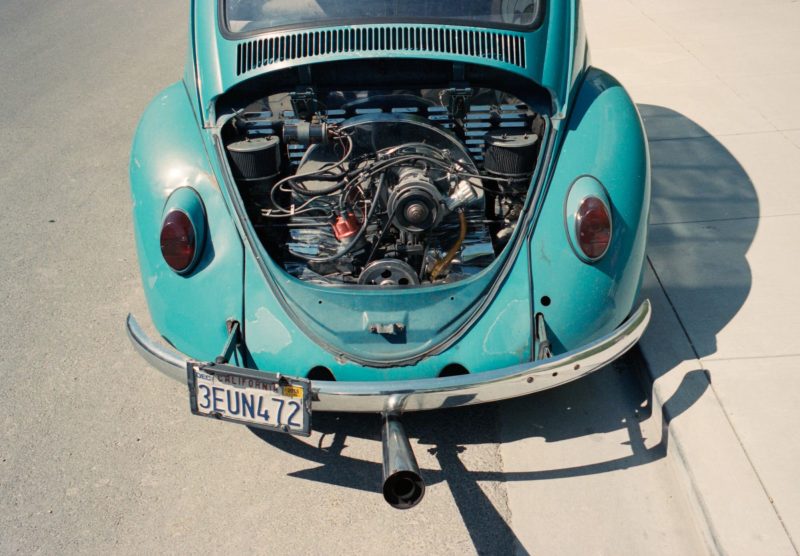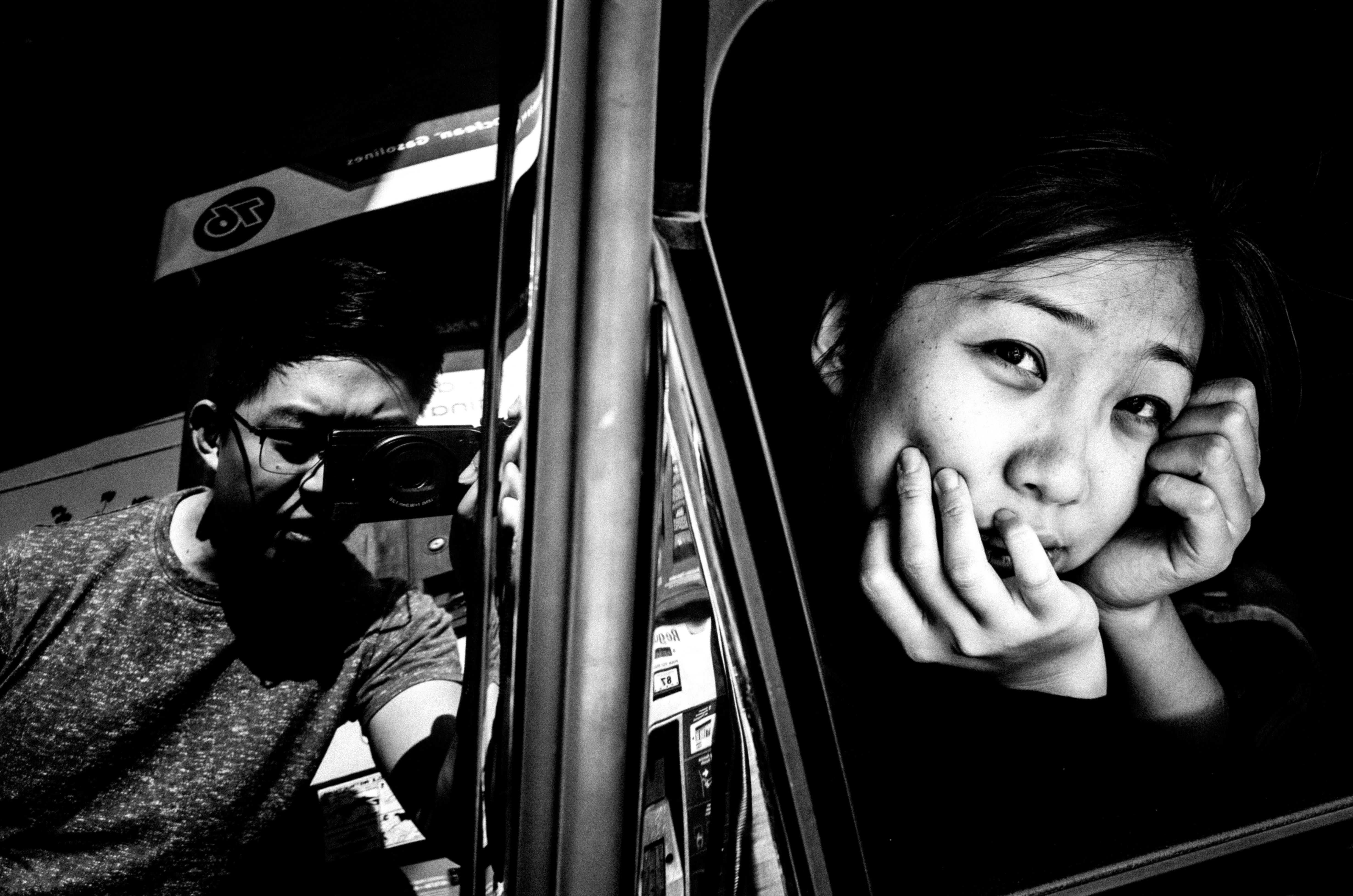
I don’t know if anyone has written a post on photography lifestyle– in terms of food, exercise, and energy-management.
1. Energy management

Okay so the one thing I think you need as a photographer is energy.
You only start the day with a certain amount of energy. As the day goes on you lose energy.

Things that cause me to lose energy:
- Negative comments on the internet.
- Negative talk from real people
- Answering emails
- Getting angry at what happens in politics, on news, and social media
- Having to “defend” myself to online critics

Other things that cause me to lose energy:
- Eating a big breakfast or a big lunch.
- Sitting all day.
- Not creating.
So for me, I’ve been able to have a lot more energy as a photographer and creative by doing the following:

- Not eating breakfast or lunch. I don’t get food coma anymore, and my first meal of the day is dinner.
- Lots of espresso: when in doubt, I usually have another (single) shot of espresso. I usually stop coffee at around 3pm, so I can sleep.
- Don’t “work” after dinner. Use evening to relax, read books, talk to Cindy, and fall asleep.
- Not reading online comments. Just focusing on creation.
- Listening to the same song on loop (I’m listening to “I got the keys” by Jay-Z on loop). This helps me focus.
In terms of photography, I try to conserve my energy by walking slowly. To walk 25% slower than I usually do. Therefore I treat street photography like walking meditation. I also use a small and light camera, the RICOH GR II with the ERIC KIM STRAP.

Even in terms of doing creative work, I try to use the simplest tool possible.
Like now, I’m typing this on an iPad, no external keyboard. Just touch screen, on the Ulysses app. I don’t get distracted by anything else, because I cannot multi task. I actually find myself more productive in blogging on an iPad than a laptop.
2. How I recharge my creative juices

To recharge myself creatively, I go for a walk. I don’t listen to music, so I can actually appreciate the world around me. I usually do small talk with folks on the streets.

By walking slowly, I see more photo opportunities. Also, I often don’t force myself to shoot when I don’t see anything I want to photograph. This has helped me stay motivated over a decade in photography, without burning out.
3. I put no pressure on myself or in my photography

Also, I’ve learned not to put pressure on myself to always make good photos. For me, if I can make one good photo a month, I’m doing well. One great photo a year, and I’m overjoyed.
Even now, I’m rediscovering old photos from 2-3 years ago that I like even better now.

So another assignment: look at your old photos. Sometimes you will find hidden gems in your archive. There are actually some photos that you begin to despise over time too– some photos I thought were good 3 years ago, I hate now. But certain photos I was on the fence about 5 years ago, I like them a lot now.
4. Maintain your energy levels to be a more productive photographer

To sum up, see photography as a marathon, not a sprint. Conserve your energy for decades to come.
I also think if you want to stay creatively productive, get physically strong. Do deadlifts at the gym, or just do push-ups, chin-ups, and crunches at home. Lose body fat, by not drinking soda, juice, or anything with high fructose corn syrup or sugar. Don’t eat dessert, or anything sweet. Drink your coffee or tea black.

I’ve found honestly nutrition is so essential for a photographer. The less you eat during breakfast and lunch, the more sustained energy you will have. For myself, I follow an “intermittent fasting” schedule, and follow a “ketogenic diet”– no starch, sugar, or white foods. I eat mostly eggs and the yolk, fatty meats, and green leafy veggies. No starch, or gluten, bread, for me– it makes me sleepy, and lose creative energy.

Also when I need a creative boost, I do some body weight lunges, or just get on the floor and do as many push-ups as I can until I get tired.

And when in doubt, just shoot it. Don’t overthink photography. Just make photos that excite you, and have fun.
BE STRONG,
ERIC
PHOTOGRAPHY 101 >

Dear friend,
If you’re new to photography, start here:
- Free Photography Bootcamp
- The Ultimate Beginner’s Guide to Photography
- 100 Photography Tips for Beginners
Photography Inspiration
- There Are No Good or Bad Photos
- The 5 Minute Photographer
- A-Z: PHOTOGRAPHY DICTIONARY by ERIC KIM
- Why I Want to Be a Photography Newbie Forever
- PHOTOGRAPHY FLUX.
- 10 Creative Photography Assignments to Re-Inspire You
- 50 Photography Tips by ERIC KIM
The Fundamentals of Photography
- GET CLOSER.
- Keep or Ditch?
- What Makes a Good Photo?
- Why Photography?
- Everyone is a Photographer
- How to take better pictures
- How to take better selfies
- How to Paint With Light
- Why Bokeh is Overrated
Photography Equipment »
- What is the Perfect Camera For You?
- What to Consider When Buying a Camera
- More Megapixels, More Problems
How to Take Better Photos »
- How to Take Better Photos
- How to Capture Emotion in Your Photos
- How to Create a “Curiosity Gap” in Your Photos
Composition Lessons »
- Composition Lesson #1: Triangles
- Composition Lesson #2: Figure-to-ground
- Composition Lesson #3: Diagonals
Photography Assignments »
- 40 Practical Photography Assignments
- 15 Street Photography Assignments
- 25 Photography New Year’s Resolutions
Contact Sheets »
- Street Photography Contact Sheets
- Street Photography Contact Sheets Volume II
- Debunking the “Myth of the Decisive Moment”
Editing (Image Selection) »
Creativity »
Motivation »
- Each Photo You Take is an “Attempt”
- How to Overcome Photographer’s Block
- Why Do You Need “Inspiration” to Shoot?
Post-Processing
- How to Edit Your Photos
- Grain is Beautiful
- Are Filters “Cheating” in Photography?
- Video: Introduction to Editing, Processing, and Workflow in Lightroom

